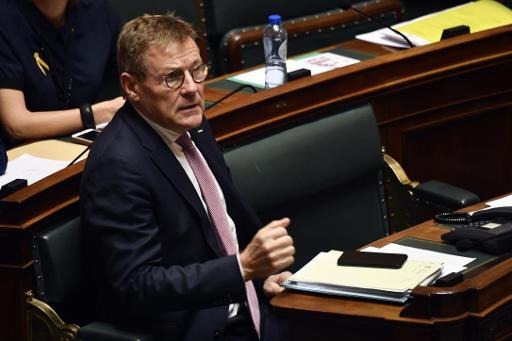Belgians continue to declare so-called “black money” en masse. Those who have previously avoided taxes can declare these at favourable rates by means of the "fiscal amnesty". Part of that black money then flows back to the treasury. The fact that so much money has been declared "proves that this approach works,” Finance Minister Johan Van Overtveldt (N-VA) said in “De Morgen" radio show on the VRT’s Radio 1.
Since the Michel government made fiscal amnesty possible again in 2016, 1,674 applications have already been submitted, representing some 1 billion euro. After twelve years of regularising, under different systems, undeclared money is still emerging. Of that billion, 883.6 million euro has already been processed. This gives the Treasury 326 million euro, of which 170 million euro this year. For the 2018 budget, the government expects a revenue of 200 million euro.
For some, fiscal amnesty is tantamount to pardoning money laundering. The minister contradicts this idea saying that regularising previously undeclared funds is not without penalty: "Let me take the example of withholding tax on movable property. If someone wants to regularise money on which no withholding tax of 25% has been paid, he will pay 23% extra today. So in total he will pay 48 percent.”
A lot of money comes from tax havens such as Luxembourg and Switzerland. Van Overtveldt believes that international agreements benefit the scheme. "We get a lot of information through the Common Reporting Standards (standard rules for the exchange of certain bank details on a global level among tax authorities). The fact that Switzerland now transfers information means that people are going to declare even more money," says the minister.
In total, the government hopes to receive up to 300 million euro this year. That amount was included in the budget: 200 million for the federal budget and 100 million for the regional budget. The state treasury has already received 170 million euro in 2018. ”But there is always an end-of-year rush," Van Overtveldt says. That's because the fiscal sanctions increase every year. "Last year, as much was received in December as in the 11 previous months,” he observes.
Arthur Rubinstein
The Brussels Times

